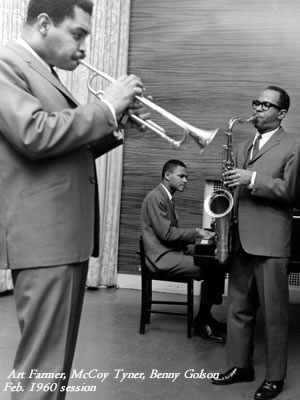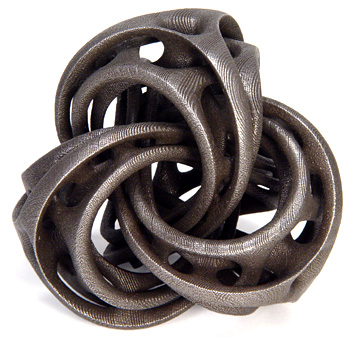
The Nexus between Jazz and Classical Music brings me to the great, great, great, Benny Golson!!!, who
was just honored by the Kennedy Center. Benny has a new CD on the
Concord label, New Time, New ‘Tet, where the “album’s song choices advance a subtle but genuinely seductive
proposal: what if jazz, conventionally defined, is overdue for
re-inspection and revision? What if “jazz” and “classical” music are
closer in spirit and artistic execution than standard views of their
difference comprehend?”
a lovely recording that answers his question in a way that one would
expect from a real master and living history of jazz from Coltrane to
today.
And, there’s a recent interview on NPR, where his generosity, positive spirit, and humble nature are nothing short of inspirational. That interview is arts education.
There are plenty of examples of classical composers weaving a bit of jazz into their composition, from Gershwin, to Milhaud, Ravel, Hindemith, Copland, and others. But mainly these are moments where jazz is referenced or inserted in what is clearly a classical piece.
Of course, there are many composers who have included improvisation in
their primarily classical compositions, dating back to the Baroque all the way through Witold Lutoslawski, John Cage, Earle Brown, and
many others. The composition here isn’t jazz, it’s falls into a broader classical genre that uses improvisation.
There was Gunther Schuller’s Third Stream, an amalgam of classical and jazz composition. While it was conceived in the late 50s, and big for a while in the 70s, it looks like its more a part of music history books than a real “stream.”
There are jazz artists who compose in a distinctly classical/concert music style, such as Keith Jarrett. His formal, through-composed works more resemble Shostakovitch than anything he does while improvising at the piano or with his trio. Have you ever heard his Paris Concert or Koln Concert? Marvelous stuff.
There’s the late, great John Lewis, composer, pianist, and member of the Modern Jazz Quartet. Perhaps no one single person best personifies work crossing in and out of then nexus between jazz and classical music better than John Lewis.
He made two albums with his wife, the harpsichordist Mirjana Lewis, where she played a movement of Bach’s Goldberg Variations, and then John responds with an improvisation, a reflection of the movement just heard. The recording alternates throughout in that manner. Lewis also made a recordings of Bach’s Well Tempered Clavier, which were a combination of the notes written by Bach as well as his own improvisation mixed in. I remember the first time I heard it–I loved it. In addition, Lewis founded Orchestra U.S.A., which was a big band that among other things, performed Lewis’s Third Stream works.





“Perhaps no one single person best personifies work crossing in and out of then nexus between jazz and classical music better than John Lewis.”
I’d nominate Anthony Braxton.